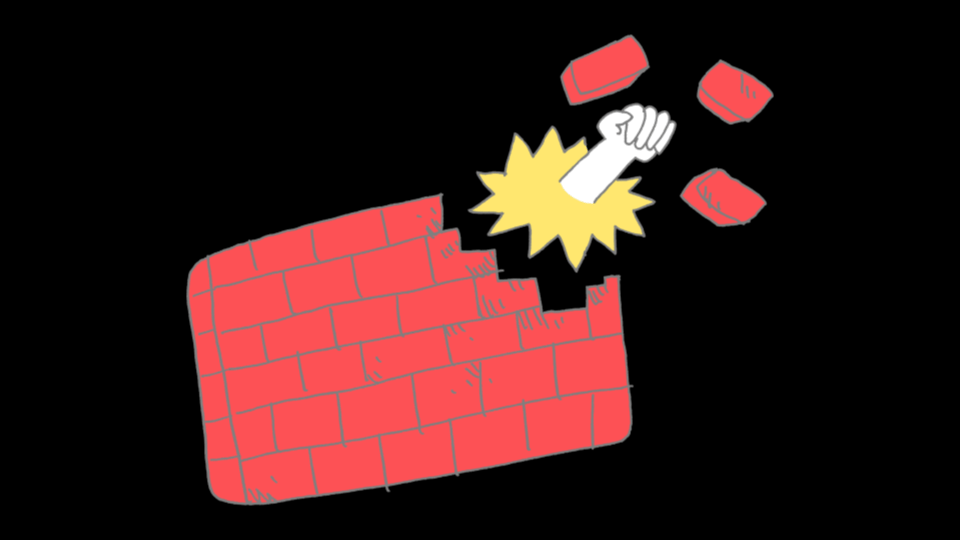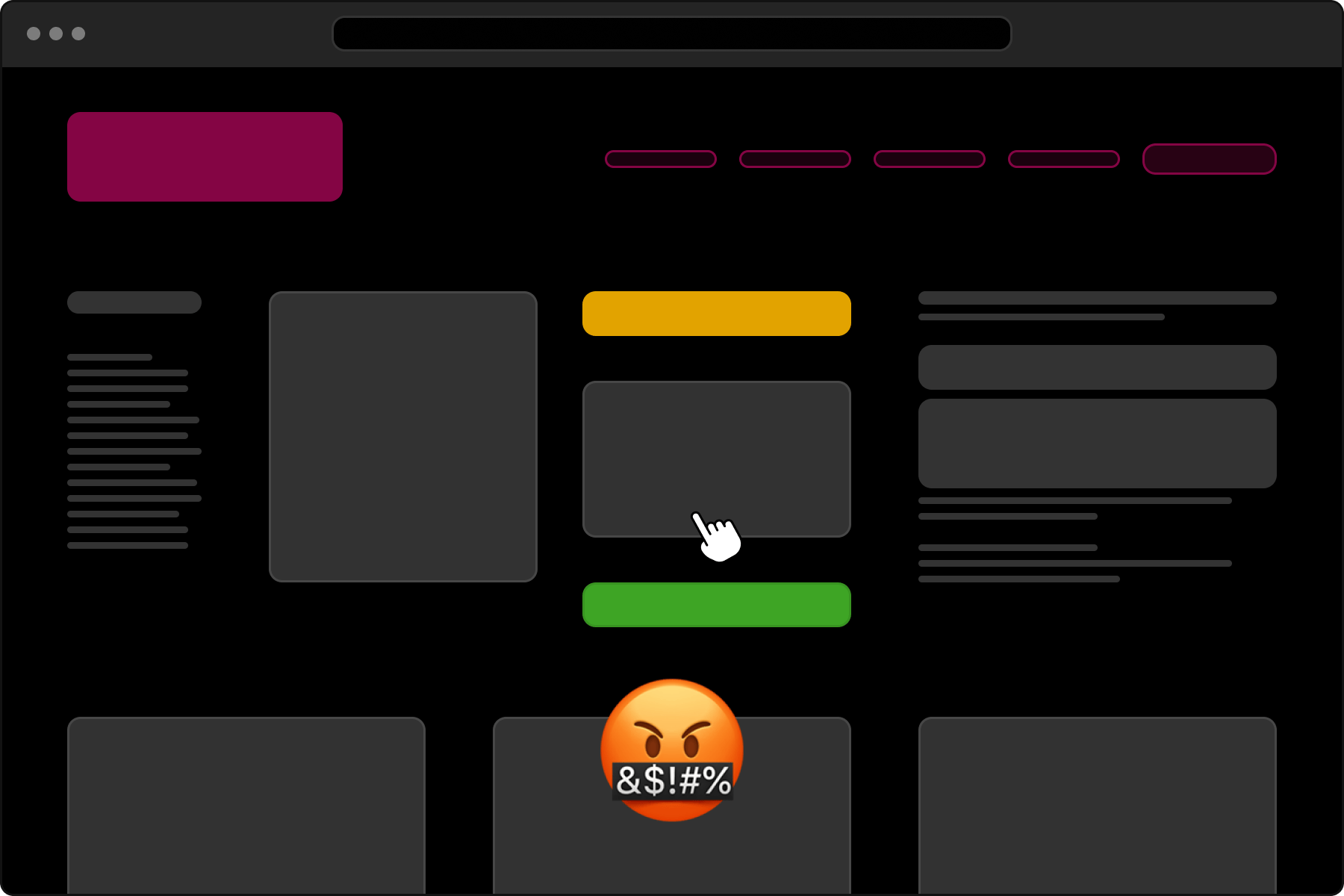
Why we are a remote team

In a typical office environment, it’s easy to walk over to your teammate’s desk when you have a question or need help. But since we’re a remote team, we don’t see each other physically. We would like to share our story of why we became a remote team and the challenges we deal with day by day.
How we started and why remote
When we started with the idea of required+ back in 2009, we were very inspired by the book “Rework” from 37signals. We all knew that we wanted to build our company the way we always wanted to work at. With all the good experience we gained at our former jobs, we developed ideas about how we could improve the less good experiences we’ve all had working with former bosses. We started to build our own firm.
Remote First
Location wise, we were all living in different cities and when our co-founder Stefan Pasch decided to move back to Germany, we knew that our office had to be in the clouds. Plus, we just didn’t like the idea of commuting! So we built our company based on the idea of the virtual team which is a big difference to companies who are used to work in an office together.
We just didn’t like the idea of commuting so we built a location independent culture.
Hiring Staff
Working on a remote team means each one of our team members has to be very self-disciplined and they are responsible for structuring their own todo lists. Hiring our staff from the open source community makes it easy to onboard the new employee to the location independent way of working. They already have the experience collaborating with other across the world.
Virtual teams are an ongoing experiment
Since we don’t see each other physically, we don’t have small talk in the hallway or at the coffee machine. This interaction is indeed very important for interpersonal team building. A remote team has to compensate such natural conversations with tools or even planned team meetings. We have special chat tools like dedicated Slack channels to provide room for that. These are channels such as:
- #where-is: Is a dedicated chat where the team shares its geolocation to express where they are and working from. This way one gets a feeling of what location or mood (lunch, meeting, etc) their co-workers are in real-time.
- #travels: Since our team is travelling a lot to attend or speak at conferences across the world, we created a chat where team members can share or plan their travels together.
- #entertainment: this is the chat where someone would just share TV shows worth watching or funny youtube videos.
Working synchronously or asynchronously
Although we are happy to have all team members living in the same time zone, a lot of our work collaboration happens asynchronously. Therefore we try to be as communicative as possible so that important information is always in place. Asynchronous communication is a huge key to our success. We’ve found a good system for staying up to date. Tools we use to communicate: 1. Slack (virtual office) 2. HelpScout (client and product-support) 3. Basecamp (project management) 4. ProsperWorks (sales and client engagement)
Running a remote company
Pros
Location independency:
Since we structured the company and the relationship with our clients remote first, it doesn’t matter from where in the world we are working from. This way we can hire good staff all over the world. Our current staff is located throughout Switzerland and Germany, living in cities such as Thun, Luzern, Zürich, Köln and Schwerin. We probably wouldn’t be able to work with our great team mates if we would be located in Zürich only, for example. Fewer fixed costs: We don’t have to invest in office spaces because our team would never want to commute every day to an office location, even if it would look as fancy as the new Google offices in Zürich. That’s why we rather prefer to invest the money in traveling to awesome places. Where the team can meet to attend or speak at web conferences or just to experience working from a different city.
Experiencing the world opens our minds for more creativity. We believe that trust and freedom will lead to more satisfaction and eventually better results.
Performance:
We believe that a remote team is much more efficient than an office team. Think about the time everyone can save by not commuting to the office. There is more time left for both, life and work.
Cons
Fewer Facetime on the team:
It’s true, we don’t see each other that often. Which can be an issue. Every team needs personal contact to feel connected. But this doesn’t mean a remote team can’t have that. In addition to our weekly video calls, we try to meetup regularly to see one another at our company retreats, which we often combine with talks and collaborations at WordCamps all over Europe. Everything is different: A lot of things are more complicated, because remote companies are still very new to the business world (especially in Switzerland) and the laws and taxes are not yet ready for that. Also, the start of a relationship with a new client needs a bit more effort to gain trust, because everything new in this world needs time to adapt. We rather see this as something positive because it challenges us to be better.
How our clients deal with it
We have clients which we see periodically in physical meetings and we have clients which we almost never meet. Initially, with each project, we have some face-time with our clients (briefing, workshops, etc.). As the project goes on, there is less need for physical meetings. Once we have proven ourselves to be dependable and built enough trust, we continue with more virtual meetings. We always strive to build a great relationship with our clients, one that is based on open communication and mutual trust. Besides that, our work has to be rock-solid and we have to be reliable and most importantly responsive.
Being reliable and responsive brings trust in our client relationship.
More about our remote experience
In the following weeks we will post more insights in our experiences working in a remote team. For example Karin will share how it was working from the top of a snowy mountain, Velthy, his daily routine working from home and Ulrich, how he integrated in a co-working community in Thailand, and more to come. If you can’t get enough of the topic, read about Karin’s experience back in 2014 where she worked and traveled the world on Medium.





